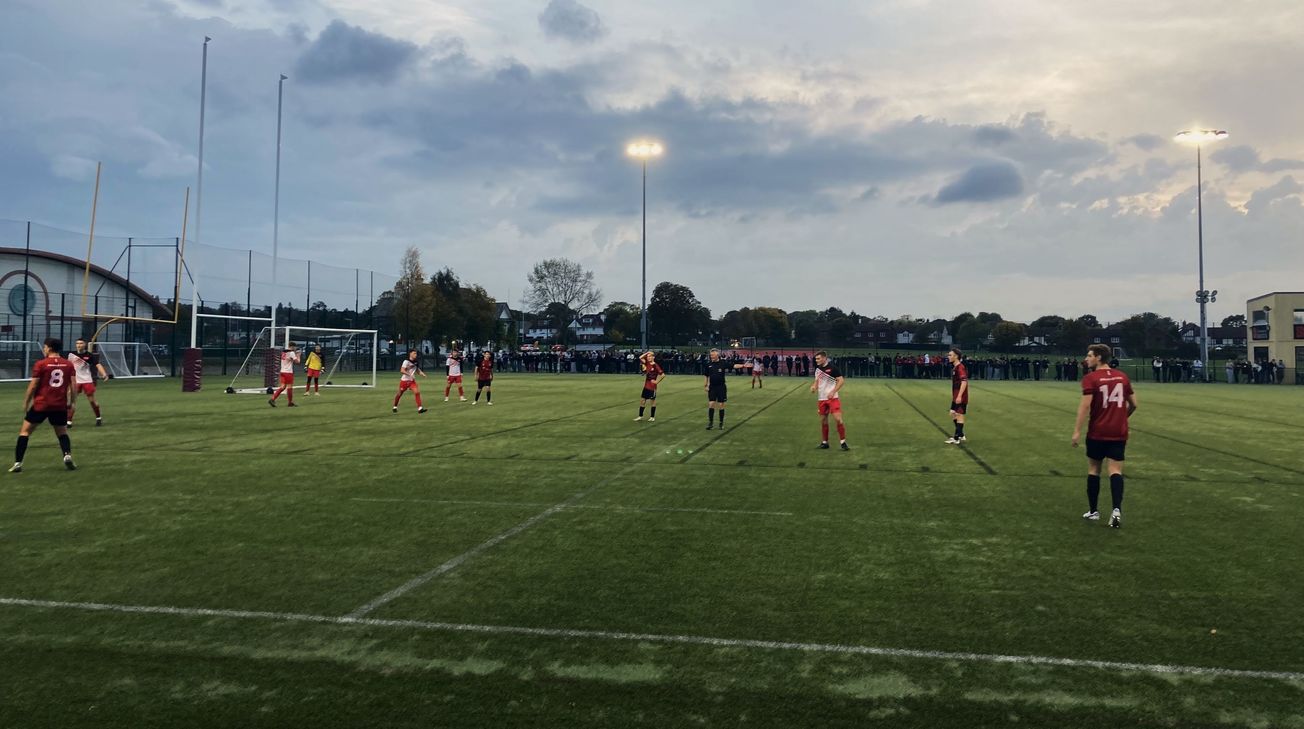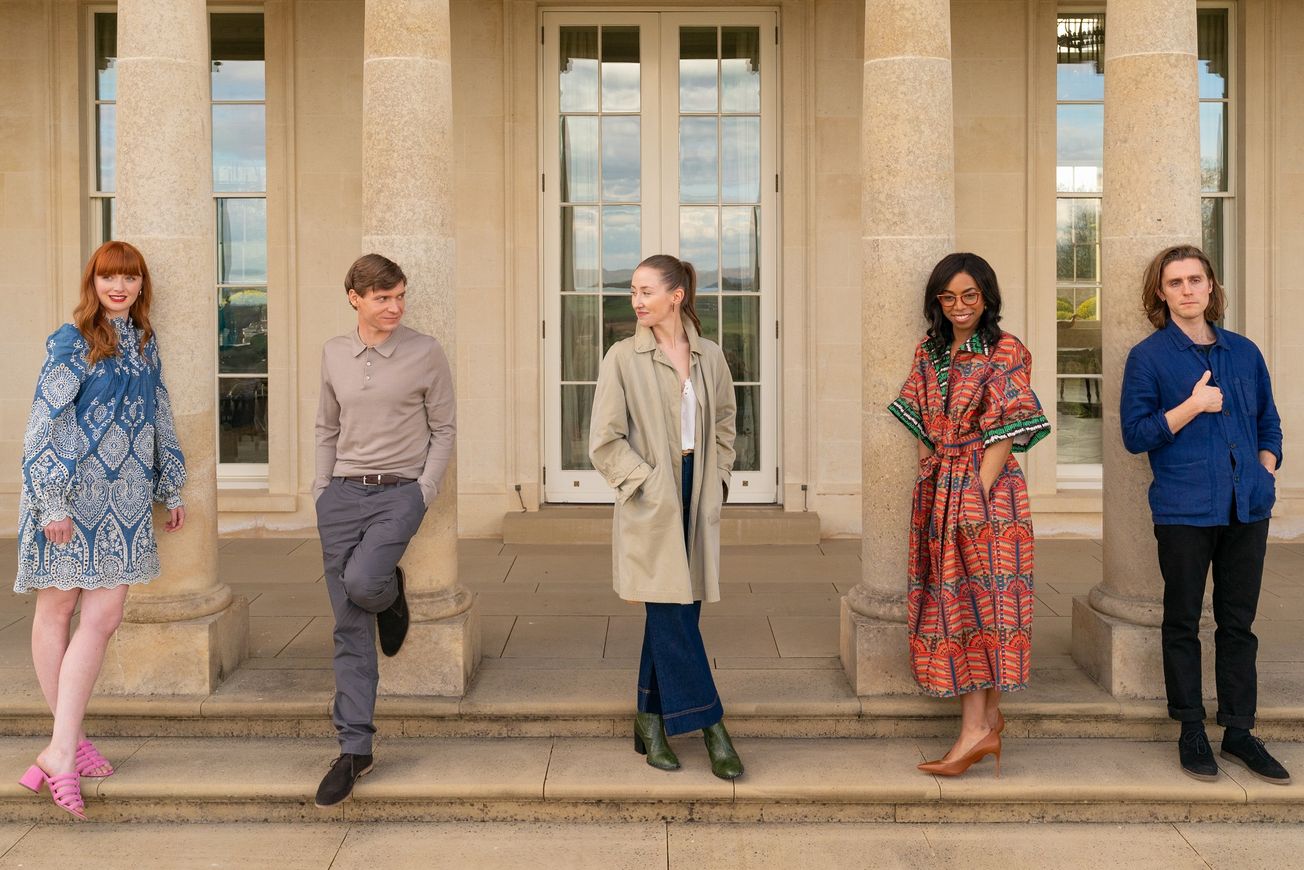Alex O'Brien, History, Second Year
As Black History Month comes to an end, it is important that we continue to remember why it exists.
How should our city’s dark and twisted relationship with the past affect its approach to race-relations now and why is Black History Month of paramount importance where we live?
For those nations that were as prominent in the business of The Slave-Trade as England, the breadcrumbs of inhumanity are lain at every corner. Bristol, being one of the most vital trading ports in the 17th and 18thcenturies, is clearly no exception.
Earlier this month we installed a statue of African-American woman Henrietta Lacks in Royal Fort Gardens.
— Bristol University 🎓 (@BristolUni) October 20, 2021
Explore Henrietta's legacy and impact on the history of scientific research in our new article https://t.co/Dacrxf526N#BHM #BlackHistoryMonth pic.twitter.com/jB8w6tZxZI
Pubs, memorial halls and University residencies named after rich traders of History are in abundance, not to mention statues and street-names.
At least half a million Africans were taken into enslavement on Bristol ships alone, and it is estimated that Colston left approximately £70,000, (equivalent to £5,499,471 in 2019), of his money, made on human suffering, to charities throughout the city.
We need a more coherent understanding of the origins of the city we all benefit so greatly from
He was one of the its largest benefactors; he built modern Bristol. So how do its younger, newer residents connect with this narrative?
21st century Bristol is known for its progressive political stance. It’s a city where the waves of equality and social freedom crash hard into the shores of its history.
But it’s this history that drives many within the city to push back, aggressively, in the opposite direction. The fact that racism is embedded in its roots serves as a constant and direct reminder of the systemic racism embedded in the roots of our society at large.
And with every other street corner named after a slave trading white family, this is an opponent that’s truly impossible not to see.
Campaigners for Bristol’s ‘All Black Lives’ movement, formed in 2020, have stated one key aim as seeking full acknowledgement of Bristol’s past and links to the transatlantic slave trade, as well as ‘A full and raw discussion about the city’s involvement in slavery and Britain’s colonial past’.
And so, the importance of Black History Month comes into play. It serves as a loud and emphatic reminder that we should give more thought to the sights we see in front of us on a daily basis.
Race-relations are not a quick fix
We need an honest acknowledgment and a more coherent understanding of the origins of the city we all benefit so greatly from. Black History Month is an opportunity to educate ourselves on our surroundings, thus fuelling the fire that sparks a more aggressive push towards racial equality, and switching the hands of agency, from the oppressors to the oppressed.
We cannot re-write history, but we can, to some extent, write the future. And from an in-depth knowledge of the roots of our home emerges a clearer vision of the anti-racist society we’re striving for.
This is where the matter gets personal. Where the individual is encouraged to begin their own reflection on race relations in our society today and where opinion and pride begin to divide us. What to say to those who feel that this month glorifies black people in a way that other races do not experience? What to say to those who feel excluded, and angry?
Well, a quizzical hesitation directed towards Black History Month is not necessarily the attribute of an evil racist. It is more evidence of an upset ego, who hasn’t (as of yet, and they may have been busy), attempted to relate to the culture in question. This mindset often leads to the question:
‘Why can’t we just all be equal and not see colour?’
Because we cannot claim to live in a state of equality until we have a deeper and more sincere appreciation and understanding of the feelings of the oppressed regarding race.
With no relation, there can be no true understanding between different cultures
Black History Month provides us with the opportunity to begin to try and relate to the pain that lives inside these communities through a study of what has come before. Only in this way, through education, will there ever be a hope of racial unity.
With no relation, there can be no true understanding between different cultures, and thus no true equality.
Black History Month is a celebration. An opportunity for reflection for all in this city, taking us one step closer to harmonious living. There is no right or wrong way to celebrate it, and if there was (as a 19-year-old white boy fresh out of the suburbs of East London), I’m certainly not going to tell you what it is.
Broadly speaking, this month brings us a much-needed reminder. To take an interest. Take an interest in the history, learn about this city’s roots. Step into the shoes of another and challenge our perspectives of the past and the present.
Race-relations are not a quick fix, and many will be put off by the weight of the topic, feeling confused and anxious. But it is also important to note that nobody on this planet knows everything. Any step, any pure intention to educate ourselves further about our history, to feel the feelings of our fellow man more, can only be a big step towards unity for all.
Featured image: Unseen Histories
Have an opinion on Black History Month? Let us know?









